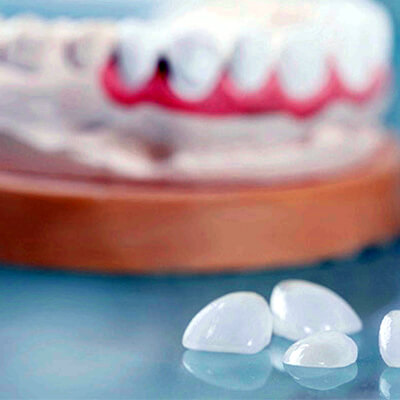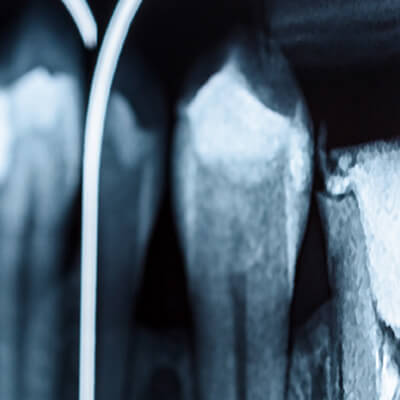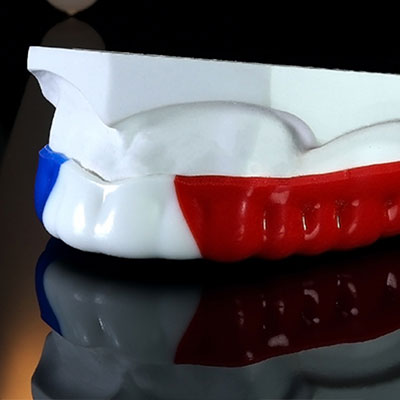Has it been a while since your last dentist appointment? If you experience tender gums or spit blood after brushing or flossing, it may be a bigger deal than you think and it could be time to consult with your dentist.
Tender gums and spitting blood may be a sign that you have periodontitis, an early form of periodontal disease. Periodontal disease is a serious condition. Without proper treatment, it can lead to greater health concerns. In addition to the oral and dental consequences, research shows that those who suffer from periodontal disease, or gum disease, often suffer from more serious, and even life-threatening conditions like heart disease, stroke, and diabetes.



























